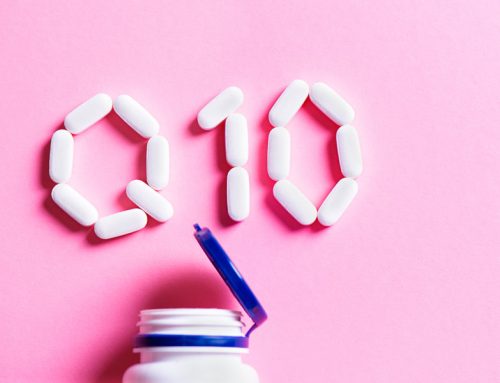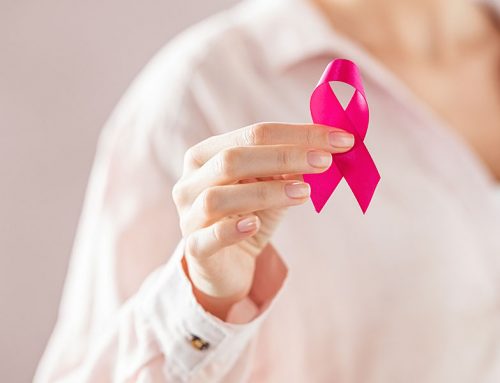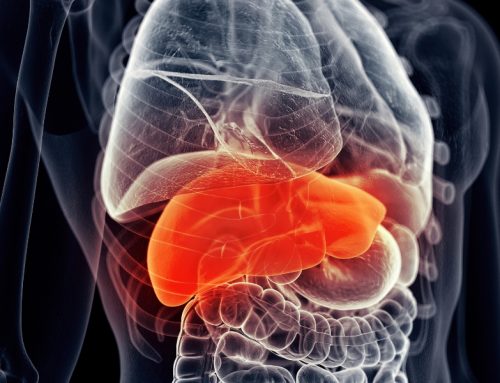
Actually, the best cocktail to reach for may be an antioxidant cocktail made with Coenzyme Q10, selenium, antioxidant vitamins, and omega-3 fatty acids. Clinical studies have shown an anti-cancer effect associated with such a daily adjuvant treatment.
Coenzyme Q10 in combination with selenium and other antioxidant supplements can help to prevent cancer or slow the progression of cancer. There are several plausible mechanisms that could explain an anti-cancer effect of supplementation with Coenzyme Q10, selenium, and other antioxidants:
- beneficial effect on cell signaling molecules (cytokines) that are important in immune system response
- anti-inflammation effect
- modulating effects on the expression of the tumor suppressor gene p53
- inhibiting effect on gene mutation
- inhibiting effect on tumor angiogenesis (angiogenesis = the development of new blood vessels that would feed tumor cells and help them spread)
- inhibiting effect on oxidative stress [Hertz & Lister]
The results of the ANICA study – the Adjuvant Nutritional Intervention in Cancer study – showed that adjuvant treatment of high-risk breast cancer patients with a cocktail of nutritional supplements including Coenzyme Q10 and selenium can slow the development of the cancer and permit the patients to live longer with the cancer under control [Lockwood].
A study of Coenzyme Q10 supplementation and advanced cancer
In this article, I want to review the results of a study that was similar to the ANICA study in its approach to the treatment of end-stage cancer patients.
In 2009, Dr. Niels Hertz and Dr. R. E. Lister reported on the outcomes of a study that enrolled 41 end-stage cancer patients in Denmark over a period of nine years. Forty of the patients were followed until death. One patient was lost to follow-up and was presumed dead [Hertz & Lister].
The following forms of cancer were predominant among the cancer patients enrolled in the study:
- breast cancer patients (16)
- lung cancer patients (5)
- esophageal cancer patients (4)
- prostate cancer patients (3)
The adjuvant treatment of cancer patients with Coenzyme Q10 and selenium
The patients received conventional cancer therapy. In addition, they received daily doses of the following nutritional supplements as a form of adjuvant treatment:
- Coenzyme Q10 300 milligrams
- Selenium 487 micrograms
- Vitamin A 25,000 international units
- Vitamin C 5.7 grams
- Vitamin E 1.625 grams
- Folic acid 5 milligrams
- beta-carotene 76 milligrams
These antioxidant supplements were taken in divided dosages, twice daily.
In addition, the cancer patients received physiological dosages of the B vitamins, of fish oil, and of gamma-linoleic acid (an omega-6 fatty acid).
Survival times of the end-stage cancer patients taking Coenzyme Q10 supplements
At the enrollment of each cancer patient, Dr. Hertz calculated the median predicted length of survival, using, for the most part, data from the National Danish Cancer Registry. Dr. Hertz and Dr. Lister hypothesized that the number of patients surviving longer periods than predicted and the number of patients surviving shorter periods than predicted would be equal if the adjuvant treatment had little or no effect [Hertz & Lister].
Ten of the 41 cancer patients (24%) survived for less time than predicted. 31 of the 41 cancer patients (76%) survived for a longer period than predicted.
The overall predicted median survival time for the 41 cancer patients was 12 months. The overall actual median survival time for the 41 cancer patients was 17 months. The difference in the two medians – 7 months – was statistically significant.
Cancer patients who began the Coenzyme Q10 and antioxidant treatment earlier (less than 1.5 months after being diagnosed with metastases) had longer survival periods than cancer patients who started the Coenzyme Q10 and antioxidant treatment later (more than 1.5 months after being diagnosed with metastases).
No physical complaints for the cancer patients receiving Coenzyme Q10 and antioxidants
There were very few and very minor side effects associated with the Coenzyme Q10 and antioxidant treatment. Mostly, the complaints were that there were too many pills to be swallowed and that some of the pills had an unpleasant odor (the selenium tablets). Otherwise, there were no physical complaints associated with the adjuvant treatment.
Moreover, most of the cancer patients seemed to show a considerable improvement in their general well-being [Hertz & Lister].
Impressive effect of Coenzyme Q10 and antioxidant supplements on end-stage cancer patients
Similar to the ANICA breast cancer study [Lockwood], this end-stage cancer study reported by Drs. Hertz and Lister has shown promising results from adjuvant therapy with Coenzyme Q10 and selenium and other antioxidant supplements.
Sources:
Bjørklund, G. (2015). The Adjuvant Nutritional Intervention in Cancer (ANICA) Trial. Nutrition and Cancer, 67(8), 1355-1358.
Hertz, N., and Lister, R. E. (2009). Improved survival in patients with end-stage cancer treated with coenzyme Q10 and other antioxidants: a pilot study. The Journal of International Medical Research, 37, no. 6: 1961-1971.
Lockwood, K., Moesgaard, S., Hanioka, T., & Folkers, K. (1994). Apparent partial remission of breast cancer in “high risk” patients supplemented with nutritional antioxidants, essential fatty acids and coenzyme Q10. Molecular Aspects of Medicine, 15 Suppls231-s240.
Disclaimer: The information presented in this article is not intended as medical advice and should not be used as such.









Leave A Comment